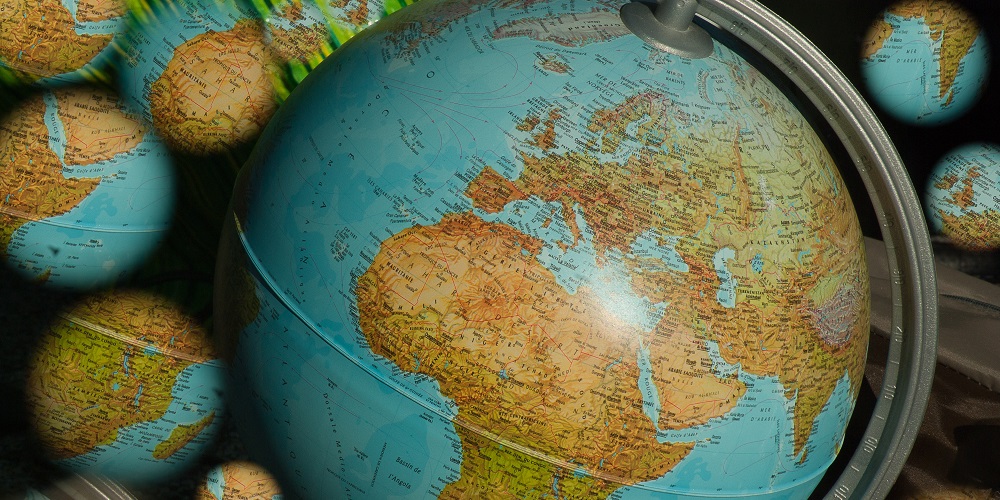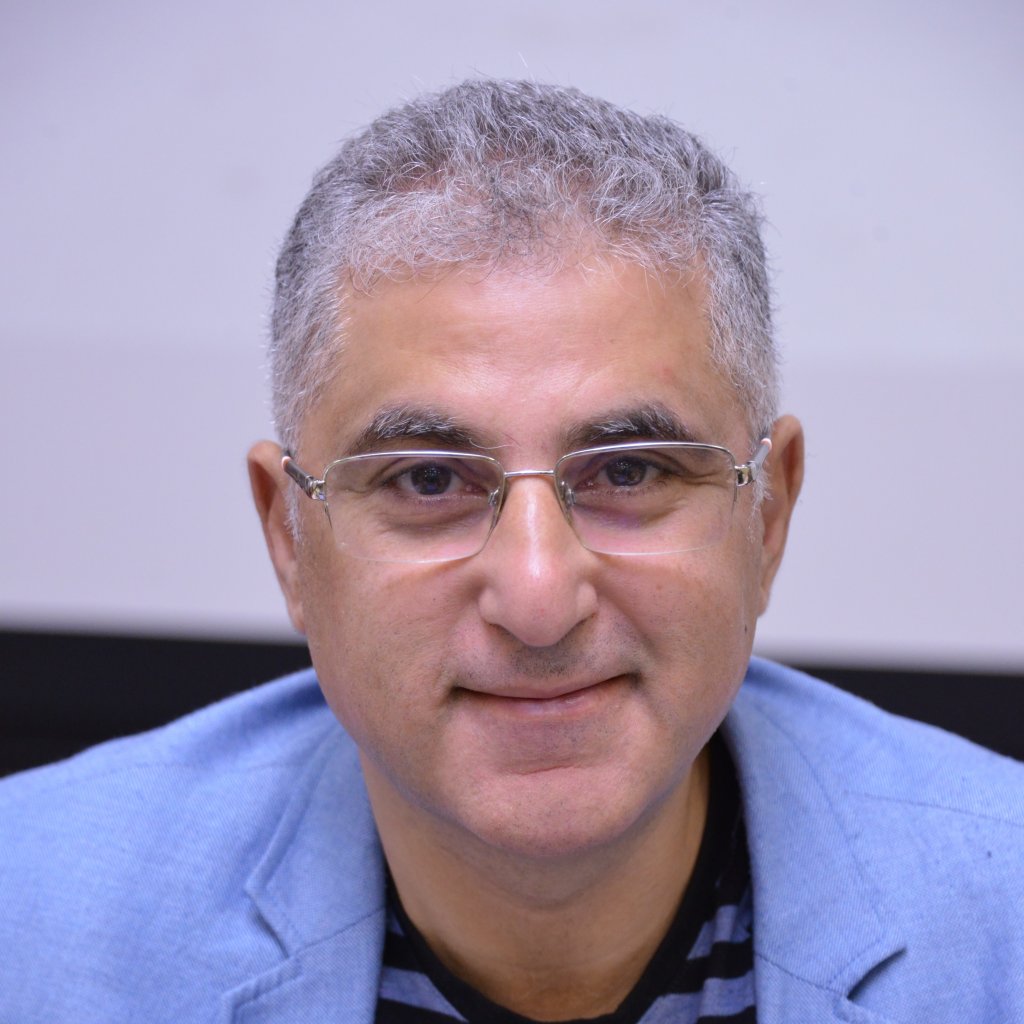
How could we rethink our conceptual understanding of human development?
In order to conceptualize human development, let me start from the wonderful aphorism of philosopher Paul Ricœur, ‘the aim of living a good life with and for others in just institutions.’ I will spell out this in four terms. First, a ‘good life’ is expressed in the indicators of the Human Development Index (a long and healthy life, a decent standard of living, and a good level of education) but maybe more indicators should be added about happiness.
Second, live ‘with others’ means you cannot live while your neighbours and co-citizens are starving. Here the issue of inequality is central. Living with others also means recognizing their identity, à la Axel Honneth, and their ethnic, religious, secular groups and/or networks, in line with the paradigm of pluralism and multiculturalism. Third, living ‘for others’ means observing and promoting the ethics of love, hospitality, care and solicitude for others. Fourthly, Ricœur’s phrase ‘in just institutions’ refers to the establishment of a pluralistic and democratic system.
Human beings are not only Homo economicus but also constantly exchange gifts. The gift relationship and moral obligation concepts of sociologist Marcel Mauss should be considered and enhanced by all civil society actors, including researchers. For instance, while we denounce the lack of hospitality of some states and societies for refugees, we tend to forget to dig deeper into niches of hospitality, at the micro-level of cities, villages and religious or secular communities.
It is crucial to rethink the construction of otherness, not only with regards to who is perceived as the adversary and why that may be, but with regards to how we care about ‘the other’. I would add to Ricœur’s thinking that the other is not only people who live with us on the planet at this moment, but also future generations. This is related to considering consumption in a way where nature can be regenerated; it also relates to our claim for raising wages.
We need to move more seriously with concrete steps towards minimum wages, heavy taxation on high levels of capital and wealth, and a ‘smart green growth’ – to be fuelled by a desire for new, attractive and aspirational lifestyles (to speak like the economist Carlota Perez) and a slow-growth economy and its corollaries (including cheap and low-carbon public transportation, seeing public services as investments rather than liabilities, and increased security of labour markets).
Such conception of human development calls for engagement at three levels. The individual level operates with acknowledgment of the anthropological quality of human being as a moral subject who strikes a balance between his/her freedom and responsibility, between rights and duties, and can be in solidarity with his/her neighbours and persons in need. The community level is crucial and requires not only citizenship and human rights but also the politics of recognition. The current movement ‘black lives matter” in the United States (US) and Europe is part of this politics: recognition starts when communities acknowledge race injustice, and act against white supremacy and its colonial and slavery heritage (symbolized by statues).
Finally, at the state level, engagement is a matter of responsibility for the public good. In this regard, the work of five female economists – Esther Duflo (Nobel Prize 2019), Mariana Mazzucato, Stephanie Kelton, Carlota Perez, and Kate Raworth – that was praised by the Financial Times, is instrumental, providing some alternatives to mainstream neo-liberal policies. For instance, Mariana Mazzucato, with her case study on innovation, rightly argues that much of commercial innovation and profit has grown out of governments’ basic research spending, yet without any return to promote a greater good. In Lebanon, where I live, the local small-scale farmer cannot survive without establishing agricultural cooperatives. Corrupt political parties are so absorbed in the geopolitical game that they cannot deal with urgent survival tasks for their electorate, while sectarian voting can pre-empt new social movement actors from reaching parliament and executive power.
What are the major emerging challenges to human-centred development in the world today?
Today, we have three phenomena that impede any development: authoritarianism, populism and political conflicts.
Authoritarianism is more than the tendency of states to act undemocratically by deploying bureaucracy and police compulsion in social life. It is rather the systematic removal of popular accountability or participation in the decisions of the state, and a substantial centralization of executive power in a bureaucracy. One can think of the surge of a soft authoritarianism, related to neo-liberalism, i.e. the erosion of the middle classes – the historical, social carrier of a neo-liberal system. With this authoritarianism has come a weakening of national bourgeoisies together with an absence of any process of productive capitalist development, instead replaced by a ‘rentier’ economy of economic monopolies where exploitation and precarization of the labour force are two major processes.
Such processes are very well analysed in Karl Polanyi’s work on factitious commodities, which include labour, land, and money. The state then will develop authoritarian modes of governance to shore up its power against popular discontent. In many peripheral societies, this has meant not only that the capitalist class become thinner and more heavily contested, but also that the state has become more brutal. In the Arab world, some regimes, like the Syrian regime, are simply genocidal to their own people. Since the Syrian uprising, no less than one million of the population have died, and half of the population is either refugees or an internally displaced person.
Between state and paramilitary violence, we witness what the political economist Mary Kaldor has qualified as ‘new wars’: a growth in organized violence and its changing nature in late modernity have led to both more wars and an increase in their moral degradation. No human development is possible without addressing this authoritarianism, and analysing it not only as a neo/post-colonial phenomenon but also as closely related to the multiplicity of regional empires as well as the formation of divided local elites. In the Arab world, Kim Ghattas eloquently analyses such local and regional dynamics in her book Black Wave, particularly in regard to the role of Iran, Israel, and Saudi Arabia.
The second phenomenon is populism – right or left wing. There are varieties of populist surges in different parts of the globe. By this, I refer to a direct political bond between a charismatic leader and the masses – a bond that occurs outside established institutional channels, and that fosters anti-pluralism by the claim of the leader that he, and only he, represents the people.
We live in a real crisis of globalization and technical democracy (devoid of philosophy and principles). Not all populism is authoritarian and vice versa; yet, more and more there is a connection. The recent book of Pippa Norris and Ronald Inglehart, Authoritarian Populism, is very compelling. In the view of the authors, after a value shift for young generations in terms of their civic culture, populism and authoritarian leaders have attracted most support from those who view recent societal changes towards multicultural cosmopolitanism negatively. The populist hold on power and discourse is said to be anchored in state control in Latin America, in economic redistribution in the US, in immigration and protection of domestic economic opportunities in Europe, and in issues of corruption and criminality in Southeast Asia.
The final phenomenon is conflict. In some regions, like the Middle East, conflict is triggered by two factors: different elite formations that do not talk with each other and a thin liberal culture. Those who are hard-line secularists are often part of leftist movements which operate against religious people supporting Islamic movements. This is why we need a new framework for the relationship between religion and the state. I argue that ‘post-secular societies’ need to be theorized as societies dealing with some collusion and blurring boundaries between what has long been dissociated: religion and the state, ethics and politics, and sacred and secular arguments in the public sphere. As Armando Salvatore puts it, post-secularity is generally associated with a plurality of views and practices resulting not from the negation of secularity but rather from the rise of rather comprehensive reflexivity on secularity and secularization.
Sometimes regional forces behave just for sectarian reasons (Iran or Saudi Arabia), or to divide the region in order to accelerate colonial practices (Israeli annexation to part of the West Bank through the ‘deal of the century’). Many liberal democratic countries are more interested in selling arms than supporting democratic forces (unless these forces are allied with them). In brief, the triumph of all these mini-Trumps worldwide has given new energy to illiberal movements and dictatorships. The international reaction to the mass violation of human rights in many countries (including Syria, China and Saudi Arabia) is terribly mild, if not non-existent. In March 2018, China introduced a resolution at the UN Human Rights Council, entitled ‘Promoting the international human rights cause through win–win cooperation.’ The title might sound benign, but the resolution gutted procedures to hold countries accountable for human rights violations, suggesting ‘dialogue’ and ‘cooperation’ instead. Adopted by a distressingly strong majority, this resolution would become a start of a process to wither away the UN human rights ecosystem.
How can the human development approach inform public debates and decision-makers about current and future challenges?
I think the COVID-19 crisis generates momentum for making the development approach more human. Just as Roland Barthes read Albert Camus’s The Plague as the battle of European resistance against Nazism, we must read the COVID-19 crisis as an existential human test and a political, social, and moral metaphor. The post-pandemic era should be prepared by us, social scientists, as well as all civil society actors and policy-makers, in order to turn this tragedy into an asset.
Just to remind you, the Great Depression in the early 1930s had a deep impact worldwide, and political responses to the crisis were radically different. Let us take the US and the New Deal proposed by President Franklin D. Roosevelt between 1933 and 1939. This was a series of programmes, public works projects, financial reforms, labour reform and inter-racial relation reform enacted. By comparison, Germany, in its response, replaced democracy with a Nazi system. Sociologist Michel Wieviorka, in an interview in March this year with the French newspaper Liberation, reminds us that in the post-World War II period, the French resistance created an action programme which was given the label Les jours heureux (the happy days) in 1944. It is essential to say that this included not only some political measures to restore democracy, but also radical economic measures characterized by the nationalization of large-scale economic and financial institutions for the management of the economy, and of course some social measures – in particular, significant salary readjustment, reestablishment of independent trade unions, and a comprehensive social security plan. The following 30 years were indeed happy days for France. Thus, it is up to us now to decide in which direction we will go.

Sari Hanafi is a Professor of Sociology at the American University of Beirut, Editor of Idafat: the Arab Journal of Sociology (Arabic) and Chair of the Islamic Studies programme. He is the President of the International Sociological Association (2018–2022). His recent books include Knowledge Production in the Arab World: The Impossible Promise (with R. Arvanitis) (in Arabic, Centre for Arab Unity Studies, and in English, Routledge, 2016), and he is the winner of the 2014 Abdelhamid Shouman Award and 2015 Kuwait Award for social science.